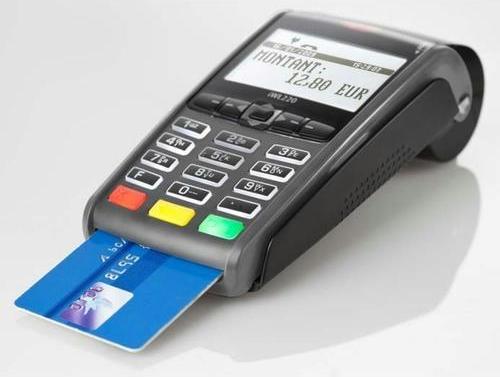As the dusts raised by the recent introduction of N50 stamp duty charge on use of Point of Sale (PoS) settles, a new trend in the hitherto rising PoS cashless policy adoptions by Nigerians have emerged.
Industry experts have opened up on discovery of serious drop in daily volumes of transactions with PoS in the listed six states where the new N50 stamp duty charge has taken effect. By the memo released by the Central Bank of Nigeria (CBN), the affected states include Lagos, Rivers, Anambra, Abia, Ogun, Kano and Abuja.
Checks in mega filling states and leading shopping malls within the states and Abuja showed that several retailers who had hitherto been making huge sales via PoS suddenly abandoned the device and reverted to cash payments as buyers avoid use of the devise to save N50 stamp duty charge.
Analysts say such sudden change of transaction character can further truncate gains so far made in driving cashless policy.
Many Nigerians who spoke of our correspondents said it is only a cashless policy that does not stress the pockets of Nigerians can work in the economy.
Recall that the CBN, had in a circular to banks, processors and switches on September 17 had authorised banks to unbundle merchant settlement amounts and charge applicable taxes and duties on individual taxes and duties on individual transactions.
The CBN directed all PoS and web processing officers to ensure that stamp duty was correctly processed daily by downloading transactions valued at N1, 000 and above, multiply the count of the transactions by N50 and pass the corresponding debit to the respective merchant accounts.
Besides, retails and mainly owners of fast moving consumer goods (FMCG) say the N50 stamp duty charge was an unnecessary burden on customers who did not see the value in the deduction, hence; they dump usage of PoS and sought for cash.
Corroborating the observed drop in the use of PoS, the President, Association of Mobile Money and Bank Agents in Nigeria (AMMBAN), Mr Victor Olojo, confirmed the dwindling PoS transactions, saying it was unprofitable for merchants to continue using the devices without charging customers.
According to him, “We have filling stations and big merchants who have actually dumped the PoS because customers have declined using it and in other cases, it is not profitable any more when they don’t charge customers; they have to bear the cost of the N50 stamp duty.
“To a large extent, the PoS is still a very important tool for agent banking and in most cases, the agents try to push the N50 stamp duty charge to the end users.”
He revealed that because of the sensitivity of the Nigerian market, operators were careful to avoid annoying their customers with the N50 stamp duty as they even go ahead to pay for stamp duty for their customers as a way of encouraging the use of PoS terminals.









